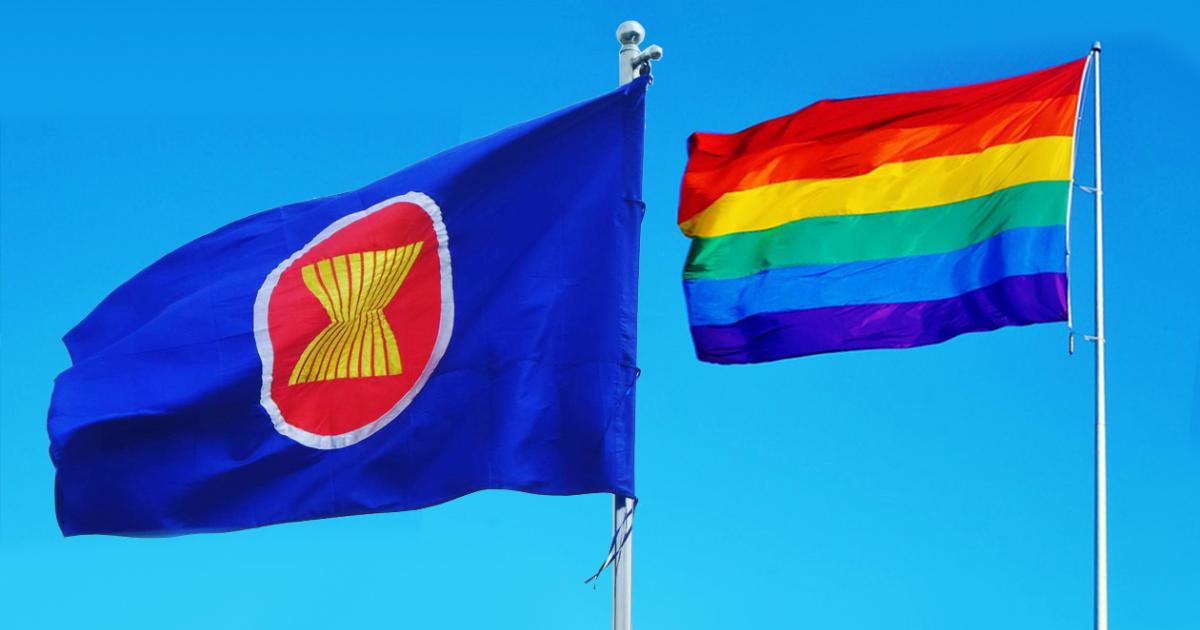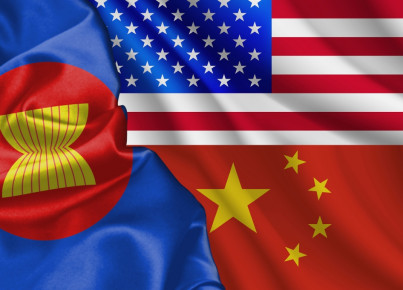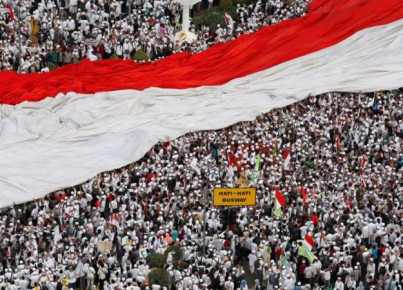Among ASEAN countries, the issue of legal and political recognition of the LGBTQI+ community experienced several setbacks but also steps forward
In June, Pride Month celebrations bloom around the world. Some Southeast Asian countries have made progress on civil rights, but most of them are still reticent to embrace the political claims and demands for recognition of the LGBTQI+ community. Cultural and religious circumstances and restrictive laws intersect with the bitter experience of Western colonization, providing political arguments for detractors of social movements fighting for the free expression of gender identity and sexual orientations. But recovering "Asian values," according to some analysts, may lead to accelerated openings on civil rights.
Also through the work of major international organizations, such as the United Nations, LGBTQI+ rights have been recognized as human rights under international law. In 2007, the Yogyakarta Principles, a compendium of guidelines addressed to states in the international community on the prevention of discrimination based on sexual orientation and gender identity were adopted: for "a different future, in which all persons born free and equal in dignity and rights" can enjoy the Arendtian right to have rights. But as we venture into national and local contexts, it seems that the recommendations of high politics become increasingly opaque. Southeast Asia is one of the regions that expresses this contradiction most forcefully.
In ASEAN, there have been many steps forward on the issue of legal and political recognition of the LGBTQI+ community, but also several setbacks. In Brunei and Indonesia, same-sex relationships are banned and in the Sultanate can even involve the death penalty. Indonesia has one of the highest levels of intolerance of same-sex couples in Southeast Asia: according to a 2019 Pew Research Center survey, 80% of respondents were against the acceptance of homosexuality in society. Recently, a news program airing on Youtube was at the center of a scandal for inviting a gay couple on the show. Deddy Corbuzier's "Close The Door" talk show is often the subject of controversy for having public figures speak on sensitive issues, and this time it infuriated many members of Indonesia's large Muslim community. President of the Indonesian Ulema Council Cholil Nafis was very upset when he said that "Islam forbids LGBT people. It is like a sick part of the body that needs to be amputated, not celebrated."
Singapore also does not rank among the most progressive countries when it comes to LGBTQI+ rights. The Asian city-state has a law in place that criminalizes sex between men, although "it is not strictly enforced." Thailand, often referred to as an "LGBTQI+ paradise" because of the relative freedom with which people can express gender and sexual orientation, is working on legalizing same-sex marriages. Kittinun Daramadhaj, president of Thailand's Rainbow Sky Association, said that gender equality in Thailand is "a fake equality, because we are happy with LGBT people, but we have no legal mechanism to protect their rights." Recently, after a Constitutional Court ruling that Thai laws should be expanded to provide more rights for the LGBTQI+ community, does something seem to be changing in Thailand. According to some observers, the country is well on its way to becoming the first in Southeast Asia to legalize same-sex unions, with a bill now going through parliament. The proposal is not about actual marriage, but would allow gay couples to adopt children and manage their assets jointly.
Another virtuous example of social recognition of LGBTQI+ people comes from an unsuspected country: the Philippines. Despite a history of authoritarianism and the deep pervasiveness of Catholic doctrine, the Southeast Asian archipelago has a record of inclusiveness for gender-fluid and queer people. This record also owes much to the legacy of traditional religions, which survived the advent of Spanish imperialism and the arrival of Catholicism and continued to guide the relational dynamics of society. Filipino-born director, producer and writer Vonne Patiag focuses heavily in her work on personal stories of marginalized identities. In an article in the Guardian, he gives the example of bakla, often considered a third gender in the Philippines, described almost as "an intersectional celebration of Asian and queer cultures." This is a gender identity based on performative cultural practice rather than sexuality, transcending male-female duality in a rejection of ante-litteram binarism. According to Vonne Patiag, "bakla is a Tagalog word for the Filipino practice of male cross-dressing, indicating a man who has 'feminine' manners, dresses like a 'sexy' woman or identifies as a woman." Baklas, historically, also hold important leadership roles at the societal level. Despite this pattern of gender fluidity, and although homosexuality is legal in the Philippines, marriage for same-sex couples is still not recognized, and legislation for the conversion of transgender people is still quite ambiguous.
According to Brian Wong, a PhD candidate in Political Theory at Balliol College, Oxford, and a Rhodes Scholar from Hong Kong, "it was contact with the West that gradually reduced Asia's permissiveness toward same-sex relations." Episodes of homophobia, according to the scholar, would have a correlation with the colonial experience, which would undermine the uniqueness of the debate on gender identity and sexual orientation in East Asia. Therefore, Wong calls on the Southeast Asian community to reclaim those "Asian values," which some detractors would like to confuse with conservative paradigms of thought, which should instead be drawn upon to take the state of rights of LGBTQI+ communities in Southeast Asia further.






